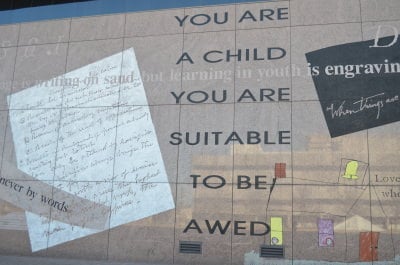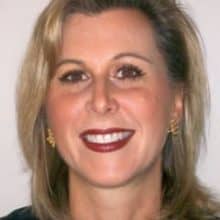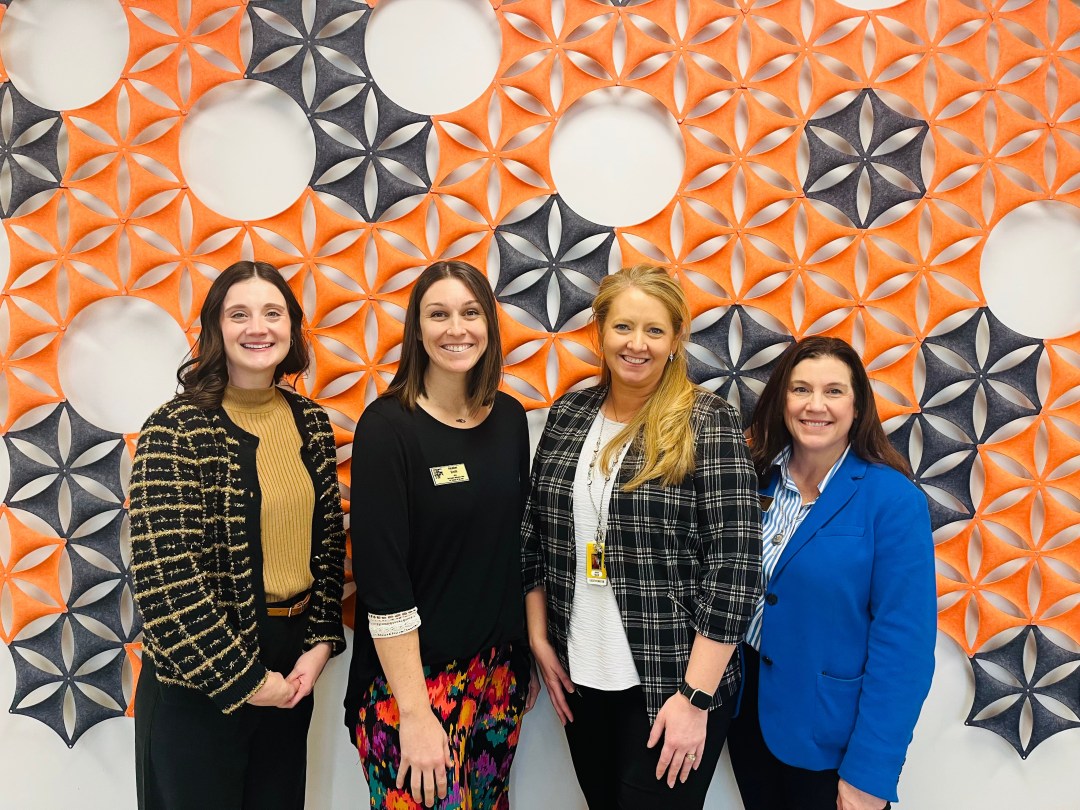
As part of our celebration of National Charter Schools Week 2025, the North Carolina Coalition for Charter Schools chose to highlight Dr. Sarena Fuller, the award-winning principal of ArtSpace Charter School in Swannanoa, North Carolina. ArtSpace, which launched in 2001, serves 400 students in grades K-8, offering them an integrated curriculum that emphasizes visual and performing arts.
In addition to her leadership role at ArtSpace, Dr. Fuller is the 2024 NC Charter School Principal of the Year. In that capacity, she has been serving a one-year term on the state’s Charter Schools Review Board.
Kristen Blair, the Coalition’s communications director, spoke with Dr. Fuller recently about her work at ArtSpace, her school’s recovery following Hurricane Helene, her experience as Charter School Principal of the Year, and more. This Q&A was originally published by the Coalition.
Coalition: Seven months after Hurricane Helene, how is your school community doing? What do you want charter supporters and state leaders to know about recovery efforts?
Dr. Sarena Fuller: I am so proud of our community and grateful to be a part of it. Swannanoa and our school community have rallied and displayed strength and resilience beyond what I knew were possible. It’s truly impressive. Community has been the way that we’ve all gotten through the past seven months, really relying on one another.
What I would like lawmakers or people outside the region to know is that there’s still a lot of work to do. Helene is present in our every day.
We have families who are still housed on an itinerant basis. They might be in a place for four weeks and then have to move. Families are rebuilding and still working with reimbursements and contractors. Housing and stability are still very real needs.
So is food security: We have grocery stores that have not reopened. It’s much harder for families who have lost cars or are itinerant to get to reliable grocery stores. There are just more barriers than we had before, and there are areas of town that still look like they did on Sept. 30.
We’ve made a lot of progress. A main thoroughfare in Asheville recently reopened, which was huge. But as I drive down that road now for the first time in seven months, it looks totally different. Parks and restaurants that we frequented are gone, so we’re grieving again.
It’s a long road. We’re seeing that in school attendance and the ongoing need for mental health supports. Our families are reaching out for more wraparound support services. The resources they had are no longer there or are overwhelmed. One parent said it best: “We’re hanging on by a thread, but the support systems and the safety nets underneath us are no longer there in the same way that they were before.”
Related reads
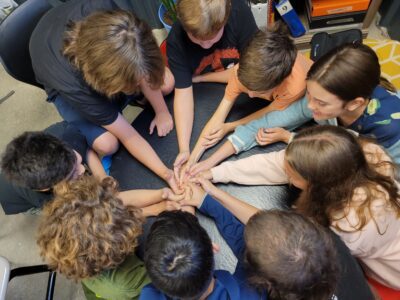
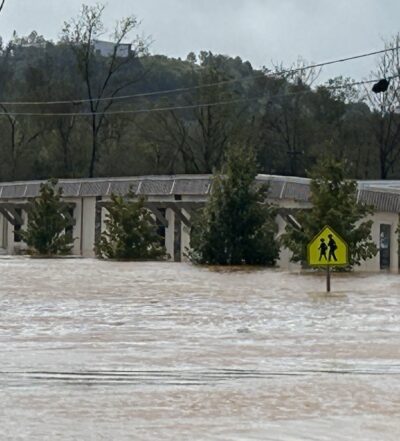
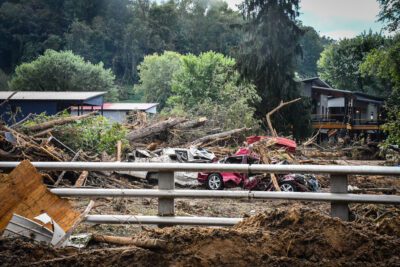
Coalition: In a Coalition Q&A last March, you talked about a school as an “interrelated ecosystem.” I was so struck by how that concept must have been tested and validated during these months of hurricane recovery. Can you tell me more about that?
Fuller: Absolutely! I’m glad you brought it up. Hurricane recovery underscored how accurate and vital this idea of school as an ecosystem really is. In the immediate aftermath of Helene, it was clear that schools weren’t just physical buildings for teaching and learning, they’re support systems. Communities lean on schools in moments of crisis. You saw that not only here but across western North Carolina. We saw families relying on schools not just for education, but for food, emotional support, communication, and stability. Teachers became frontline responders, not only supporting students’ well-being but keeping in contact with the family: “What’s going on? What do you need?”
The interdependence was incredibly real. If staff members were struggling with housing, it impacted their students. If parents were overwhelmed or displaced, it showed up in the classrooms. The idea of school as an ecosystem wasn’t just validated, it was stress-tested.
What carried us wasn’t any single role, person, solution, or strategy. It was the strength of this web and the layers of respect and responsiveness that we had built beforehand. If we were successful in serving our community in the aftermath — and I think we were — it is because of relationships that were already there. That trust was essential.
Coalition: The press release from the NC Department of Public Instruction (DPI) announcing your recognition last year as the Charter School Principal of the Year referenced the “doctrine of charity” that governs your leadership philosophy. What does that look like day to day?
Fuller: That’s all about trusting and believing everyone’s best intent — that people are giving their best and want to do well. Administrators and teachers make thousands of decisions a day. Sometimes there are tension points, but it’s about honoring that we have the best intent. We want to do well in this space that we’ve created together.
It isn’t just my belief, it’s a belief I try to encourage for everyone. If there’s a student behavior we need to address, it isn’t because the student didn’t want to do well today. If there’s conflict between staff, it isn’t because there’s malicious intent. The disagreement comes from a place of different perspectives, and different perspectives make us stronger.
The doctrine of charity frames our work with parents and community members — and our county commissioners. Even though commissioners cut the school budget by 4%, I assume their intent was to balance a budget for the greater good. I disagree with the decision, but I honor their intent.
Doing that takes a lot of work, but it shows up as patience and compassion day-to-day. Over time, it cultivates different perspectives that make our program stronger.
![]() Sign up for the EdDaily to start each weekday with the top education news.
Sign up for the EdDaily to start each weekday with the top education news.
Coalition: What has your role as the 2024 Charter School Principal of the Year entailed this year, and what have you learned?
Fuller: It has been such a joy, and Jake (Wilson, the 2025 NC Charter School Principal of the Year) is going to be fabulous in the role. I saw him in action at his school, and he brings a lot of enthusiasm to this work.
Serving as Charter School Principal of the Year has been incredible. I want to give a shout-out to the NC DPI team and Elizabeth Santamour for cultivating this program. I’ve had the opportunity to be involved in many things that focus on North Carolina public education. It has been so valuable — the Carolina Hunger Initiative; work at NCCAT; the Association of School Administrators leadership conference; Advocacy Day at the General Assembly; service on the Charter Schools Review Board; and ongoing work with the Coalition and the Association for Public Charter Schools.
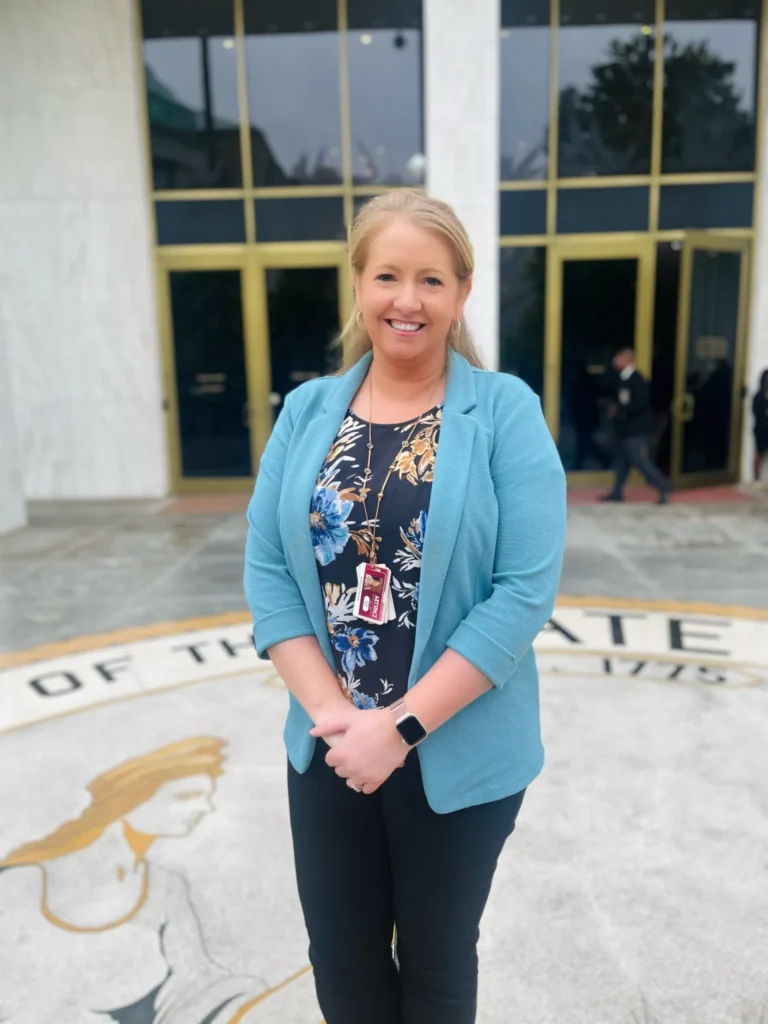
This year has really been a love story to public education. I’ve gotten to do that work alongside the other regional Principals of the Year, who represent traditional school systems and districts. Hearing perspectives, sharing problems, and working together for solutions — while providing input on classroom impacts — has been inspiring.
Each of the North Carolina schools that I’ve had the privilege to visit blew me away. The innovation and quality of education that I’ve seen in this state are remarkable.
Sarena Fuller, 2024 NC Charter School Principal of the Year
Coalition: That role has also included a one-year term as a non-voting member of the state’s Charter Schools Review Board (CSRB). How has your CSRB service shifted or expanded your understanding of the opportunities and challenges for the state’s charter movement?
Fuller: That’s a deep question. It has been eye-opening — the process of obtaining a charter, renewing a charter, the accountability and support from the Office of Charter Schools, and the CSRB’s work. That work is necessary, thoughtful, and intentional.
For any critics of the school choice movement who might use accountability as a “gotcha,” this challenges that wholeheartedly. It is not easy to open a charter school, to keep a charter school operating at a high level, and renew a charter. There are very thoughtful, intentional mechanisms annually with the Office of Charter Schools — and then every three, five, or 10 years for charter renewals. There are a lot of brilliant, public school-minded, experienced professionals who not only hold schools accountable, but also provide resources and encouragement. It’s a hard job to run a school.
I would challenge anyone who doesn’t know the charter school process or who has questions about accountability to watch the CSRB meetings. You’ll see a team of professionals who really care about charter schools and public education.
On a bigger picture, we see out-of-state operators and providers — that have success in their models in other states — trying to open schools in North Carolina with mixed results. But what has been consistent are the homegrown North Carolina charter programs that are driven from a community need and based in their community with community leadership. They tend to be very successful.
Related reads
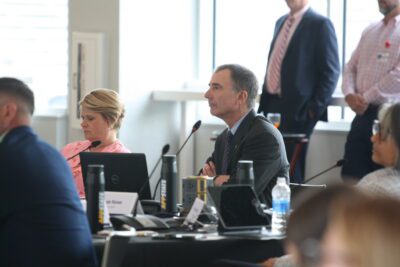
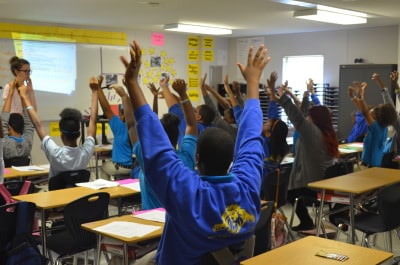
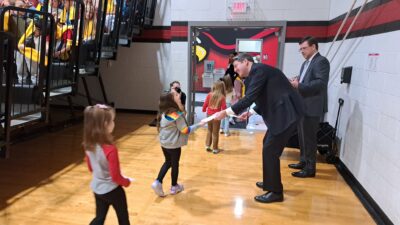
Coalition: Congratulations on ArtSpace’s recent approval from the CSRB to open a remote charter academy! I understand the 2025-26 school year will be a planning year for that academy, known as Spark Learning Center, with launch slated for fall 2026. What are your hopes for Spark, and how will it help you better serve your local community?
Fuller: We are very excited about Spark because we have seen the needs in our middle school population shift since the pandemic. Family situations have also shifted, and I think that’s a reflection of the workforce.
Overwhelmingly, the patterns we’re seeing reflect a need for us to be more flexible and dynamic in what we’re offering. Spark will allow us to do that. We have critical conversations here with our staff about online learning, which we did well during Covid. There are many online learning programs. Given our focus on arts integration and fostering interpersonal development, we really didn’t want to go 100% virtual. We thought it wasn’t authentic to our mission and philosophy. But doing a blended, hybrid approach — with both online and in-person components — emerged as a way to provide flexibility with a philosophy that grounds us. It also provides students with direct support from their teachers and opportunities for engagement with other in-person cohorts.
I think what we’ve developed is a really creative, flexible model that will meet a lot of the needs that we’ve been seeing over the past few years.
Coalition: How is ArtSpace planning to mark National Charter Schools Week this year?
Fuller: We are celebrating charter schools and choice, highlighting the great things charter schools do in terms of programming and innovation. Here in Buncombe County, we have several charter schools, some of which have been established in North Carolina for 20 years. We’ve been consistent servants to our community. So, we’re celebrating them and working together to get the word out on charter programming — to correct misunderstandings and make sure people understand what charters are, who we serve, and what we do.
We’ve invited representatives in to come visit with us. Rep. Brian Turner, D-Buncombe, came for a school tour, and that was fabulous. Some charter leaders also joined the recent State Board of Education meetings here in the western region to collaborate more closely with our traditional district partners.
We are a team, and school choice is not just about charters. It’s about public education and how many different choices parents have to find a program that meets their needs and the needs of their students.
Learn more about Dr. Fuller’s philosophy of education in this video from the NC Department of Public Instruction. Read more about her perspective on hurricane recovery in this recent EdNC article.
Recommended reading


